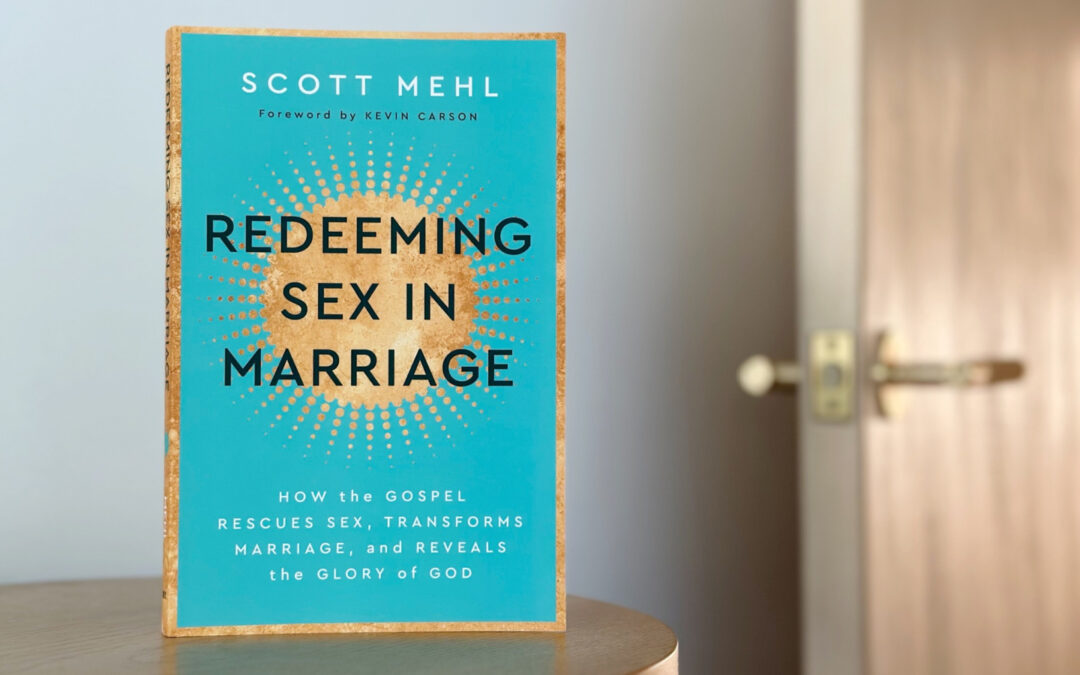“Stop and smell the roses,” they say. As if you didn’t have eighty-eight thousand tasks, as if you didn’t have deadlines or drama or diapers. In our rapid-fire, tech-oriented society, who has the luxury of stopping to sit in nature like a bohemian free spirit? Even in the modern art world, flowers are considered frivolous subjects to paint – flowers make no social critique, flowers don’t say shocking things, so flowers are not “serious art.”[1]
Yet, Jesus invites us to consider wildflowers (Matt. 6:28). Have we dismissed flower-admiring as frivolous, unimportant to our “serious” lives? Is it possible that contemplation of God-made beauty could lift an anxious soul?
Slow Down, Look Up
From well-warranted terror to social anxiety, we all know fear. Fear upticks our heartbeat, breathing, and agitates our thoughts. Fear speeds us up, and shrinks the world down to the size of our anxieties: “I can’t leave the house, something bad will happen,” or, “If I don’t finish my to-do list, I’m a bad human being.” When our fears loom large, our life is small.
To hear God’s truth, we must slow down and learn to be still. Makoto Fujimura encourages people to look at his paintings for at least ten minutes—it takes that long for the eye to adjust.[2] “Such a contemplative experience can be a deep sensory journey toward wisdom. Willingness to spend time truly seeing can change how we view the world.”[3]
Compare this to how many of us zip through spiritual disciplines. We approach God’s Word like a task: more intake, more work, more data dump. We have to do devotions—get it done. But maybe we’ve never sat with Scripture long enough to savor its significance and let the Spirit guide us into truth (John 16:13).[4]
Our anxious hearts could benefit from this discipline of “slow art” as we contemplatively tune into God’s Word and prayer. If you have just ten minutes to read Scripture, consider reading for two minutes, and thinking about what you’ve read for eight. This practice mirrors God, the ultimate Slow Artist. He slowly changes us as we gaze at Him, and we are gradually transformed by beholding (2 Cor. 3:18).
Jesus Invites us to Look Beyond Ourselves
Scripture highlights the value of considering creation to regain perspective on our frailty and God’s greatness. See the vast heavens, the far-flung stars? This God of cosmic wonders is mindful of you (Ps. 8:3). See the grass? Your life is like that – momentary. But God sees you with compassion, His mercies are forever (Ps. 103:11-17).
Jesus says, “Don’t be anxious…your Father knows.” (Matt. 6:25-34). But he doesn’t start with a bald mandate to be un-anxious. He first ponders a parable of nature. Consider the wildflowers. God provides for them, how much more will He will provide for you?
But if we never stop to actually look at wildflowers, Jesus’ words will be a bit lost on us. Contemplatively being in God’s world, observing it with curiosity and gratitude, is an act of worship. Because the whole earth brims with God’s glory (Isa. 6:3), we can “see heaven in a wildflower.”[5] The point is not to exalt the natural world (it awaits remaking, Rom. 8:18-25), but to exalt God by considering the works of His hands (Ps. 8:3-5; Ps. 104).
By all means, let’s remember that God is trustworthy amid our anxieties. But maybe truths will take deeper root in a garden, not at a desk. Maybe the parables of earth prepare us for the beauty of God’s Truth.
[1] For a brilliant critique, see “Roland Reiss: Unrepentant & Unapologetic Flowers,” Oceanside Museum of Art https://oma-online.org/reiss/ (accessed September 20, 2019).
[2] Fujimura’s “The Four Holy Gospels” for the ESV Bible is remarkable, with his “Consider the Lillies” (sic) being pertinent to this discussion: see http://fourholygospels.makotofujimura.com/illuminations/matthew.html
[3] Makoto Fujimura, Silence and Beauty: Hidden Faith Born of Suffering (Downers Grove, IL: InterVarsity Press, 2016), 20.
[4] I think it’s not insignificant that Jesus wove a vineyard metaphor a little while before saying these words (John 15).
[5] William Blake, quoted in Wendell Berry, Life is a Miracle: An Essay Against Modern Superstition (Washington, DC: Counterpoint, 2000), 115.


